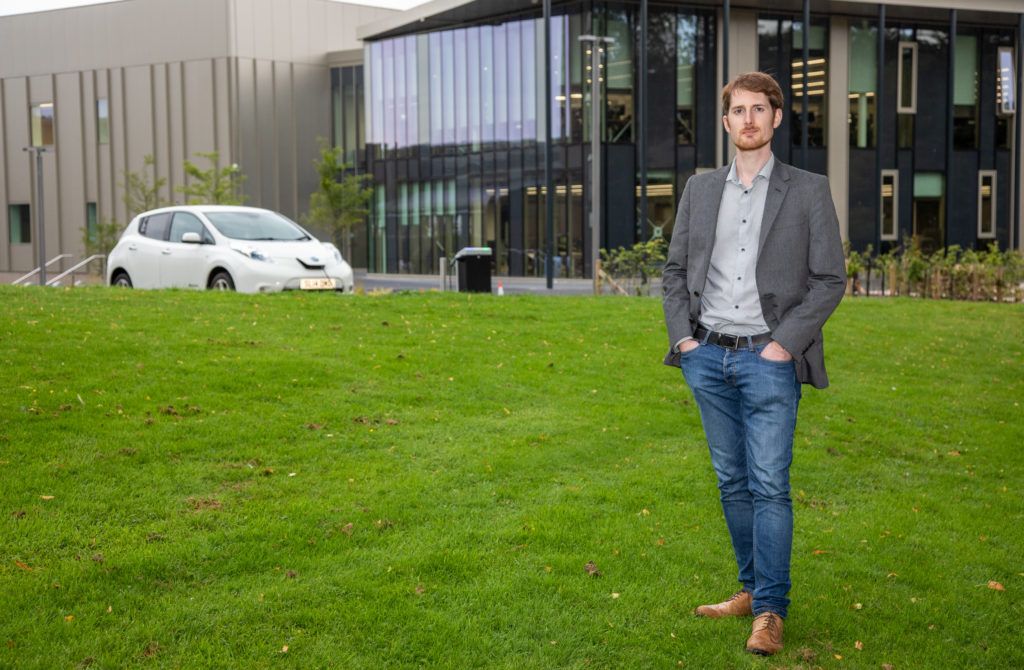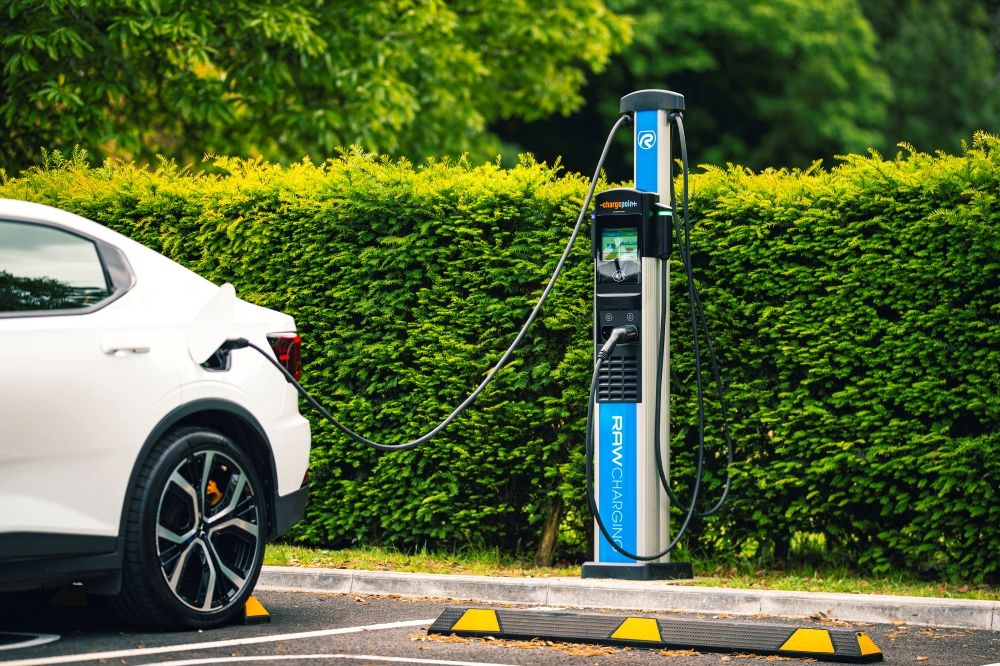With sales figures of new electric vehicles rocketing – 100,000 new UK-wide registrations in the first five months of this year – priorities are being focused on providing professional servicing for car and commercial vehicle owners and operators looking to transition to all electric transportation. Norrie Hunter reports.
According to the Electric Vehicle Association Scotland, technician training to the highest standards means both adequate investment and total commitment to providing existing owners and those considering changing to an EV, the confidence in after sales servicing to do so.
The difference in up-front new car prices between electric cars and traditional internal combustion engine (ICE) vehicles is, says the SMMT, gradually narrowing, and expected to largely disappear over the next few years.
“Professional EV servicing now features in the decision to go all-electric,” says Electric Vehicle Association director, Neil Swanson. “Both dealerships and fleet operators must be adequately staffed with professionally qualified technicians to meet this rapidly expanding EV sales boom.

“Some dealerships may not be familiar with or have no previous experience of this but they are rapidly up-skilling, plus there are a growing number of specialist companies on hand to help, including members of HEVRA (the Hybrid and Electric Vehicle Repair Alliance). All member garages are checked for the right qualifications, tools and equipment to service and repair electric and hybrid vehicles.”
According to Arnold Clark, one of Scotland’s largest EV car franchises, electric vehicles are actually easier to service because they contain a motor and a battery pack, rather than engines with a complex system of moving parts from pistons and gears, to valves and drive belts.
A spokesperson said: “Currently over 50 per cent of all of our technicians are trained to work on alternatively fuelled vehicles. However, we want to push that number up and achieve a minimum of 75 per cent by the end of this year. Our apprentices also complete electric vehicle awareness courses as part of their training.”
At Arnold Clark’s Glasgow and recently opened Stafford ‘Innovation Centres’ visitors can see first hand how EVs operate and how they are serviced.
One of the UK’s leading experts on EVs and battery technology, Dundee-based Dr Euan McTurk says: “The uptake of electric vehicles has been so rapid that the global supply of engineers, technicians and electrochemists is playing catch up. The good news is that most of the servicing and repairs that an electric vehicle would need, could be performed by any mechanic and electric vehicles are exceptionally reliable, so the chances of requiring an EV specialist to perform a repair are very slim. However, for that tiny fraction of work that involves the high voltage system and electronics that are unfamiliar to a petrol/diesel mechanic, EV trained technicians are masters at fault finding and repairing, and can save drivers vast sums of money versus going to a dealer who may replace a repairable component outright.”

Neil Swanson added: “The fact is that an EV requires less servicing than a petrol or diesel vehicle of course however many aspects such as suspensions, tyres, brake disks and drums are the same. The areas that can be challenging are electronics and battery management systems, including cooling but these are not difficult provided the correct training is in place. Remember, EVs are famously reliable.
“Put simply, routine EV servicing is very much the same as on any other vehicle, something dealerships and private garages do day in and day out. With EV reliability among the best in market, issues are few and far between. Training is provided for each make of EV including more complex EV only systems. These are well supported by training courses already available on EV vehicle technology.”
In Scotland, both Edinburgh and Dundee and Angus colleges already offer a suite of EV courses to support the demand for EV trained technicians. The Michelin Scotland Innovation Parc (MSIP) – a massive e-mobility hub in Dundee – has launched its hands-on Skills Academy to train the next generation of technicians and engineers for the manufacturing, servicing and recycling of increasing numbers of EVs.
Caryn Gibson, Business Partnership Manager at Dundee and Angus college said: “As we see the demand for electric vehicles increase we must now ensure that the infrastructure of skill to maintain and repair them is firmly in place. Dundee and Angus College are leading the way with the launch of their Electric Vehicle Training School in partnership with Robert Lawson and Sons and its fantastic to see demand and momentum start to grow and that industry are recognising the need for these key skills. The partnership with Robertson Lawson and Sons allows us to deliver the courses in a very practical way in an industry setting that the technicians recognise.”
Steve Swinley, the college’s Head of Engineering, added: “A current offering of IMI Level 1, 2 and 3 sees the college able to train everyone from car sales staff through to drivers and advanced technicians. This summer will also see us launch our Hazard Management Electric Vehicle courses designed for our blue light response teams and we very much look forward to working with them as they transition to electric fleets.”
Last year the Institute of the Motor Industry (IMI) urged government to boost employer funding for EV skills training.
Main image: Shutterstock.












